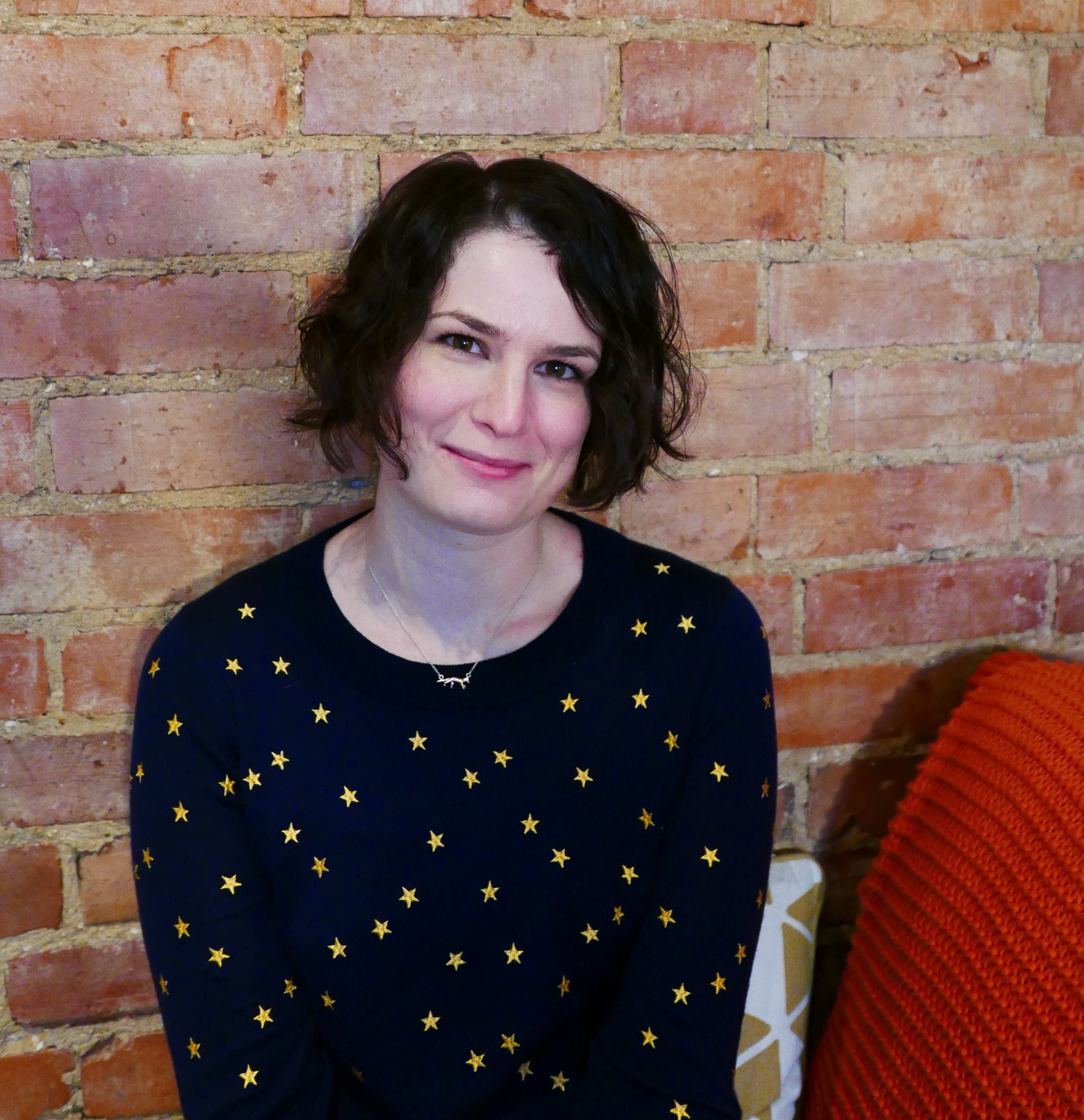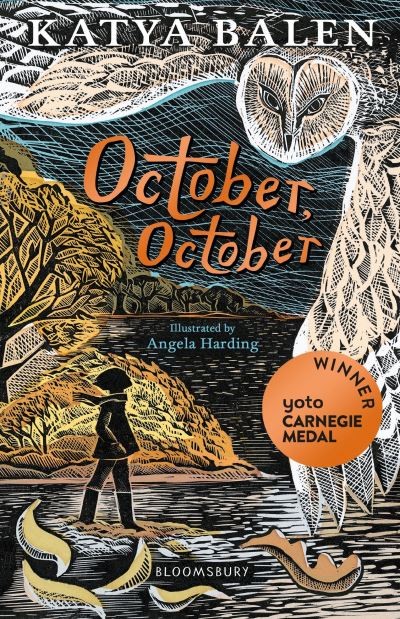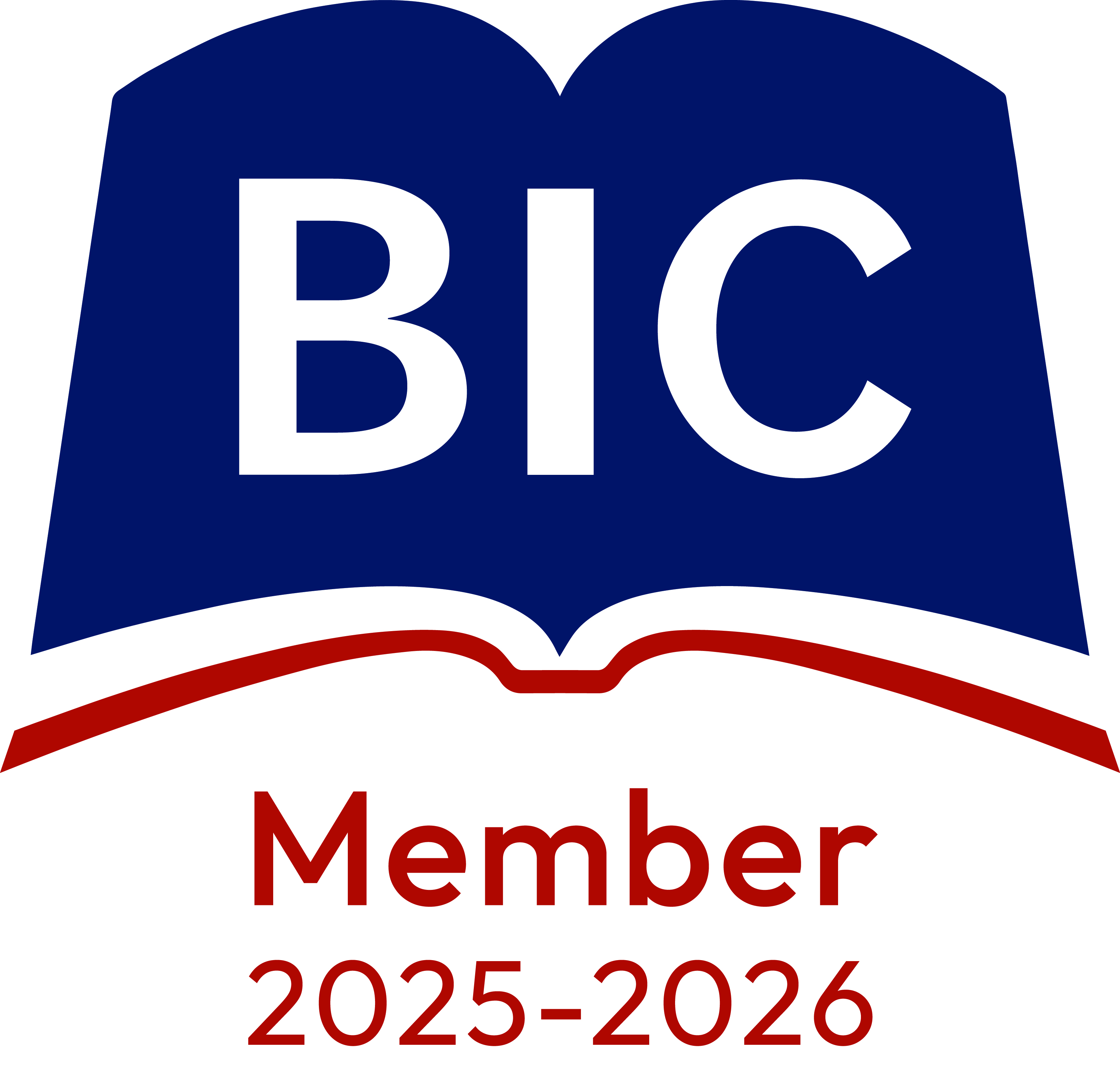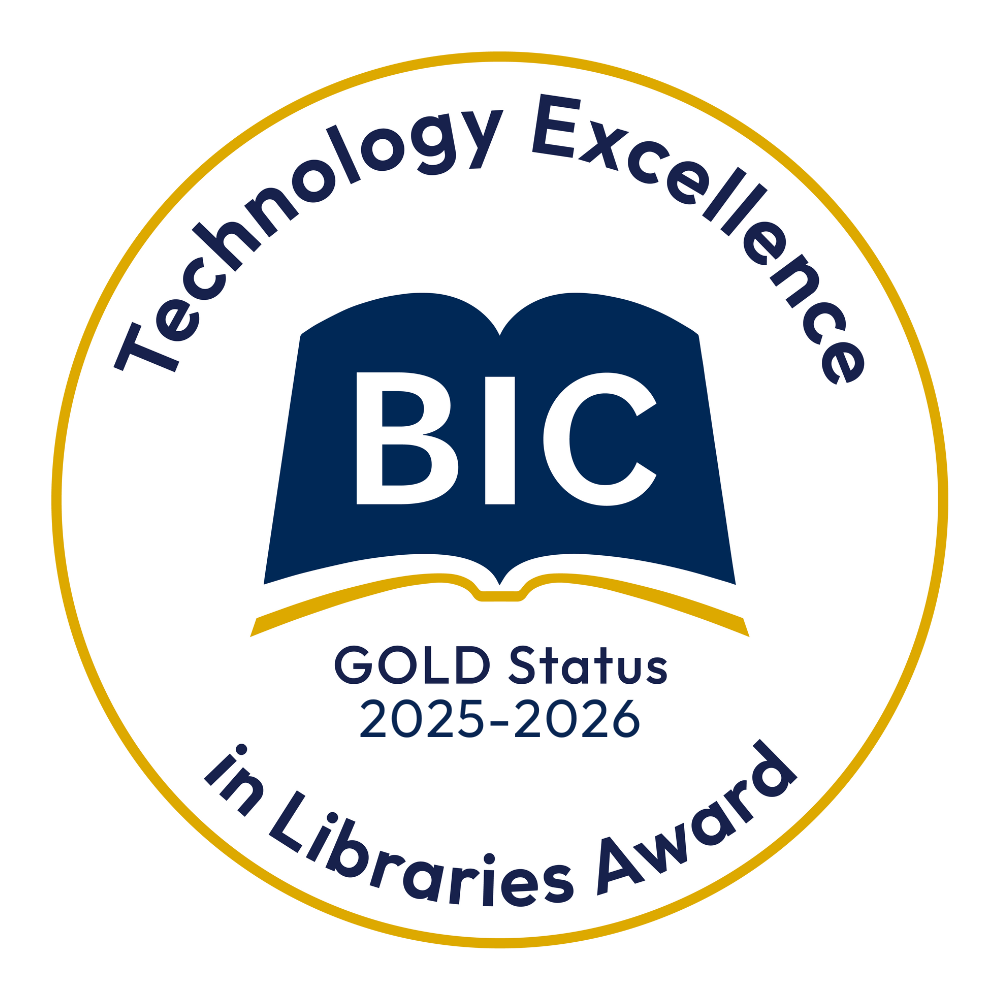For help, advice and telephone ordering call our team on 0121 666 6646
Are you sure you wish to delete this basket?()
This action cannot be undone.
Sorry, something went wrong
Please report the problem here.
Q&A: Yoto Carnegie Medal winner Katya Balen
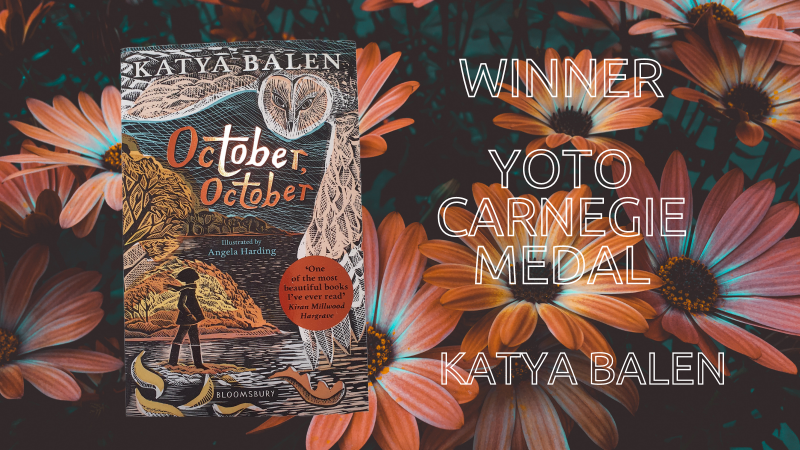
July 29th 2022
A firm favourite amongst teachers and librarians, Katya Balen's touching novel, October, October, tells the story of how an eleven-year-old girl's world is turned upside-down when she has to go and live with her mother in the city after her father, with whom she lives in the woods, is seriously injured in an accident. Our team were so impressed by the novel that we just had to pin her down for an exclusive interview!
Q: Congratulations on your double win for October, October. What does it mean to you to win both the Yoto Carnegie Medal and the Shadowers’ choice?
A: Thank you so much! It’s absolutely fantastic, and so unexpected. I can’t quite believe it, to be honest. It feels particularly wonderful to win the Shadowers’ choice because it’s the stamp of approval from the people who matter the most – the children and young people I write for.
Q: The judges have described October, October as an “expertly written, beautiful and lyrical novel alive with wonder and curiosity.” Could you tell us a bit more about the ways in which you use language to convey meaning throughout the book?
A: October is the kind of child who notices the tiny details in things, and I wanted my language to reflect that. She also hasn’t experienced a lot of the kind of stuff that a typical 11 year old would have experienced – buses, Mars bars, school, crowds, YouTube…so I tried to make sure that I described her experiences exactly as someone who had never had them might do! That meant using a lot of sensory imagery, because she might notice the new sounds or smells or feel of something like a bus journey much more than someone who was used to traveling all the time.
I think through really focusing on the world through October’s eyes – both in the wonder at small detail and the overload of new experiences, I was better able to convey her journey and feelings.
Q: The book explores the story of a girl named October who must learn to spread her wings after a childhood spent living wild in the woods changes dramatically the year she turns 11. What was it that compelled you to write this particular story?
A: The setting is already a part of my life – my father-in-law lives off-grid in 40 acres of woodland. It’s a magical place, but it’s not an easy life in many ways, and I always wondered what would happen if a child had grown up there. I knew it would have a serious impact, in both a positive and negative way. In some ways it’s an absolutely idyllic childhood, but in other ways it creates a lack of skills and socialisation that many would argue are key to having choices in life.
I also wanted to explore the idea of belonging – do we ever truly only belong to one place? Can we learn to belong? What does it take for that to happen? Similarly, the idea of being wild – what does that mean for different people? And are you wild because of where you are, or who you are?
Q: Did you always want to write, even from a young age?
A: I did, although when I became a teenager I shut the idea away because I felt a bit embarrassed and self-conscious. I would play with words a lot, but mostly in my own head! Then one day I was between jobs for the first time since university, and I just thought – if I don’t give this a go now and see if I can, I’ll regret not doing it when I had the time!
Q: Which books did you enjoy reading as a young person, and what was it that stood about these – do you feel any have influenced your own work?
A: I read very widely as a child – the books that I remember most vividly are probably The Moomins series by Tove Jansson, Pippi Longstocking by Astrid Lindgren and Skellig by David Almond. I think they’ve all influenced my work – The Moomins have such a strong sense of setting and space, and the characters are so relatable and flawed and fleshed-out. There’s a real exploration of feeling in the books, as well as the kind of adventures that made me go starry-eyed.
I like to write strong, wild, bold girls in my books – and Pippi was probably the start of that. She’s so bright and blazing and independent, and she doesn’t always do things perfectly but she stands up for what’s right.
And Skellig is my all-time favourite. I reread it all the time, and it’s that perfect magic of being simple and incredibly complicated all at once. From that, I took the theme of nature and children and how they’re tied together in a way that adults just can’t quite grasp. The freedom and wildness of a child and the freedom and wildness of a bird…it’s starting to sound a bit familiar actually. Please don’t sue, David.
Q: The Yoto Carnegie Medal is an award judged by librarians – what have libraries meant to you and why do you think they’re important?
A: Some of my fondest and strongest memories are of being taken to the library, and the thrill of choosing any books I wanted. As I got older and started work, I would take children and young people with special needs to the local library twice a week. It was a place of total inclusion. That’s why they’re important – they level a very unlevel playing field. Anyone can have a library card. Anyone can visit a library and borrow a book or use a computer or sit and read. They’re a community hub – where else do you get such a range of people all entitled to exactly the same opportunities and service? Absolute magic.

